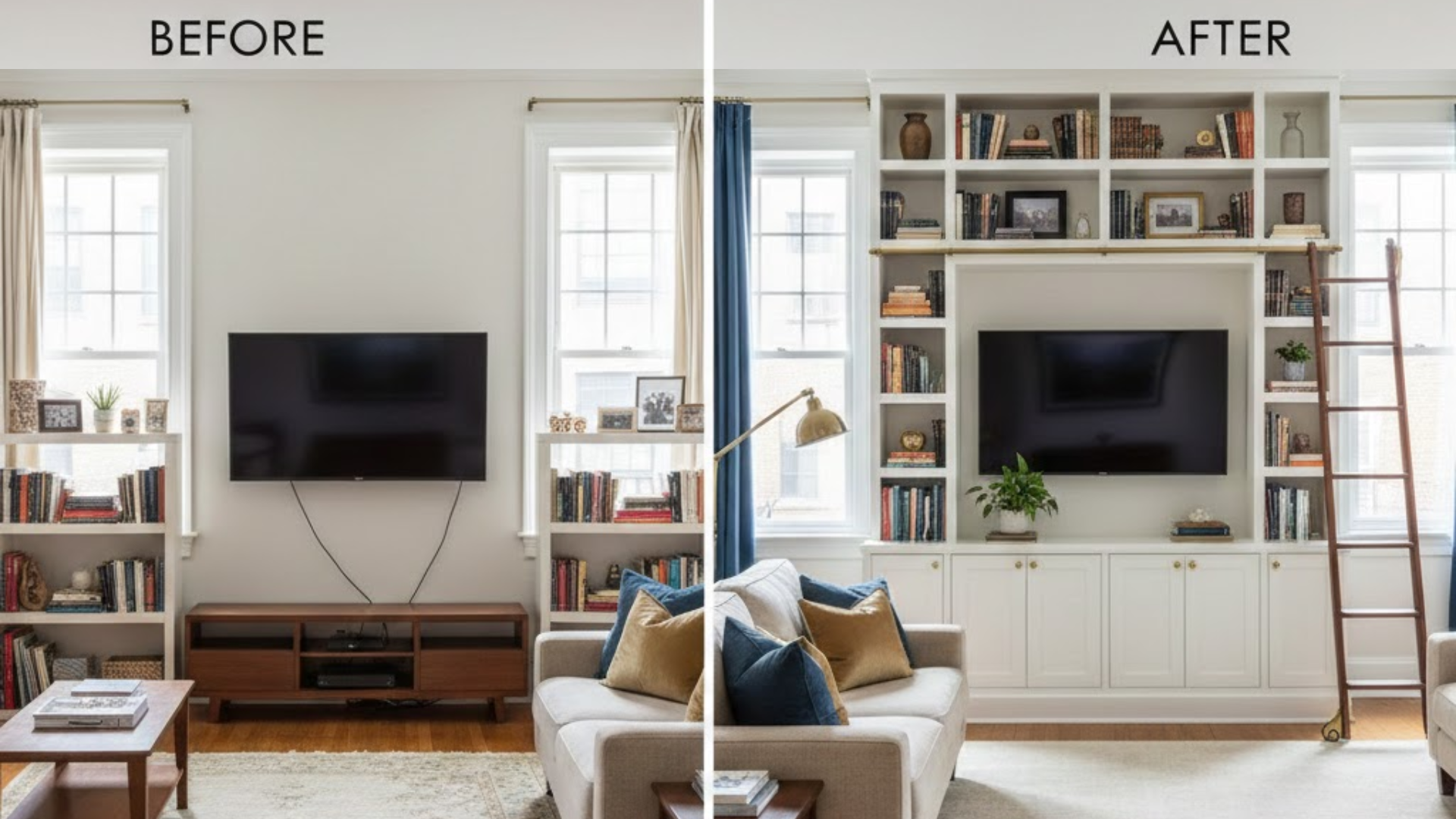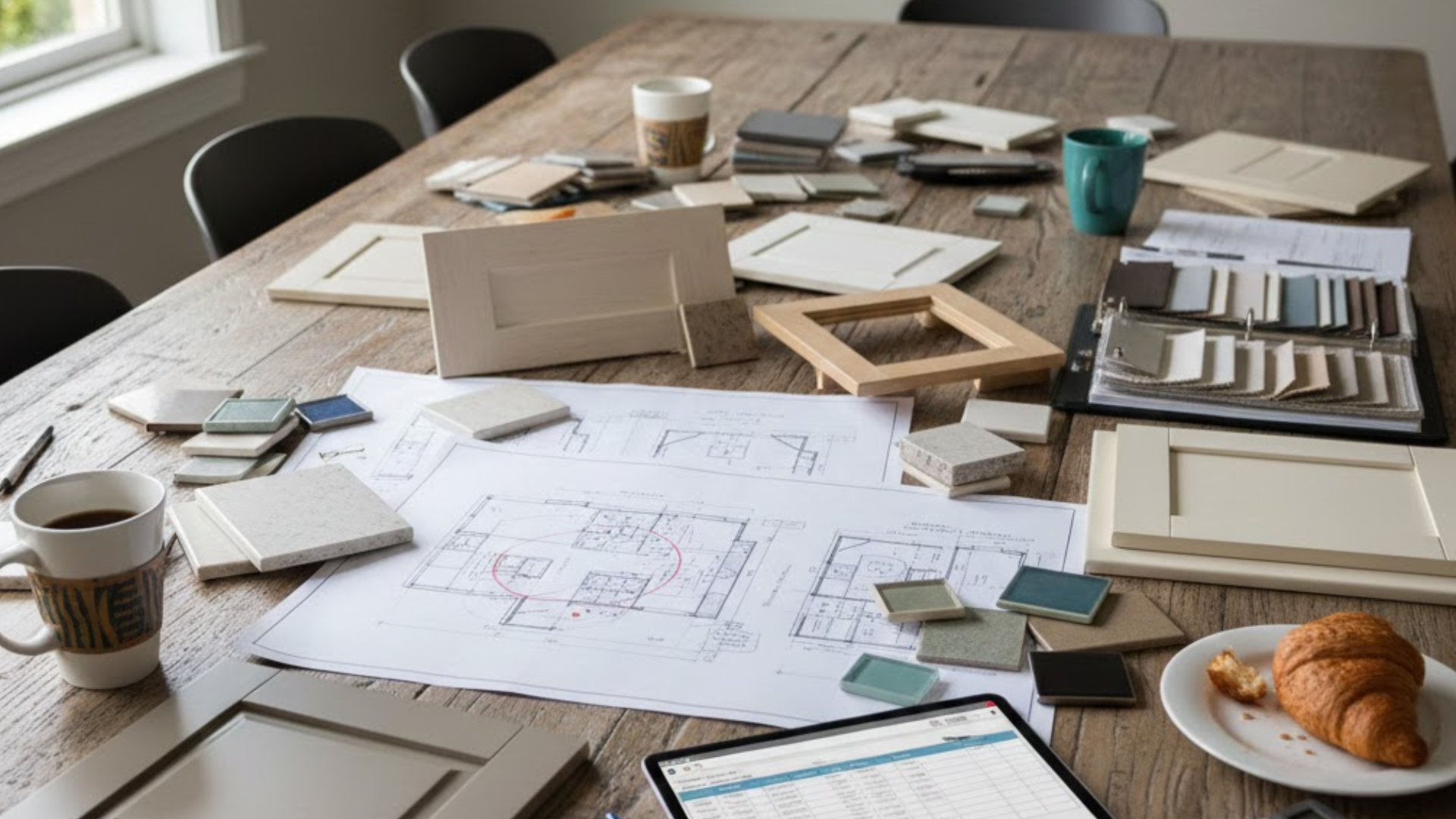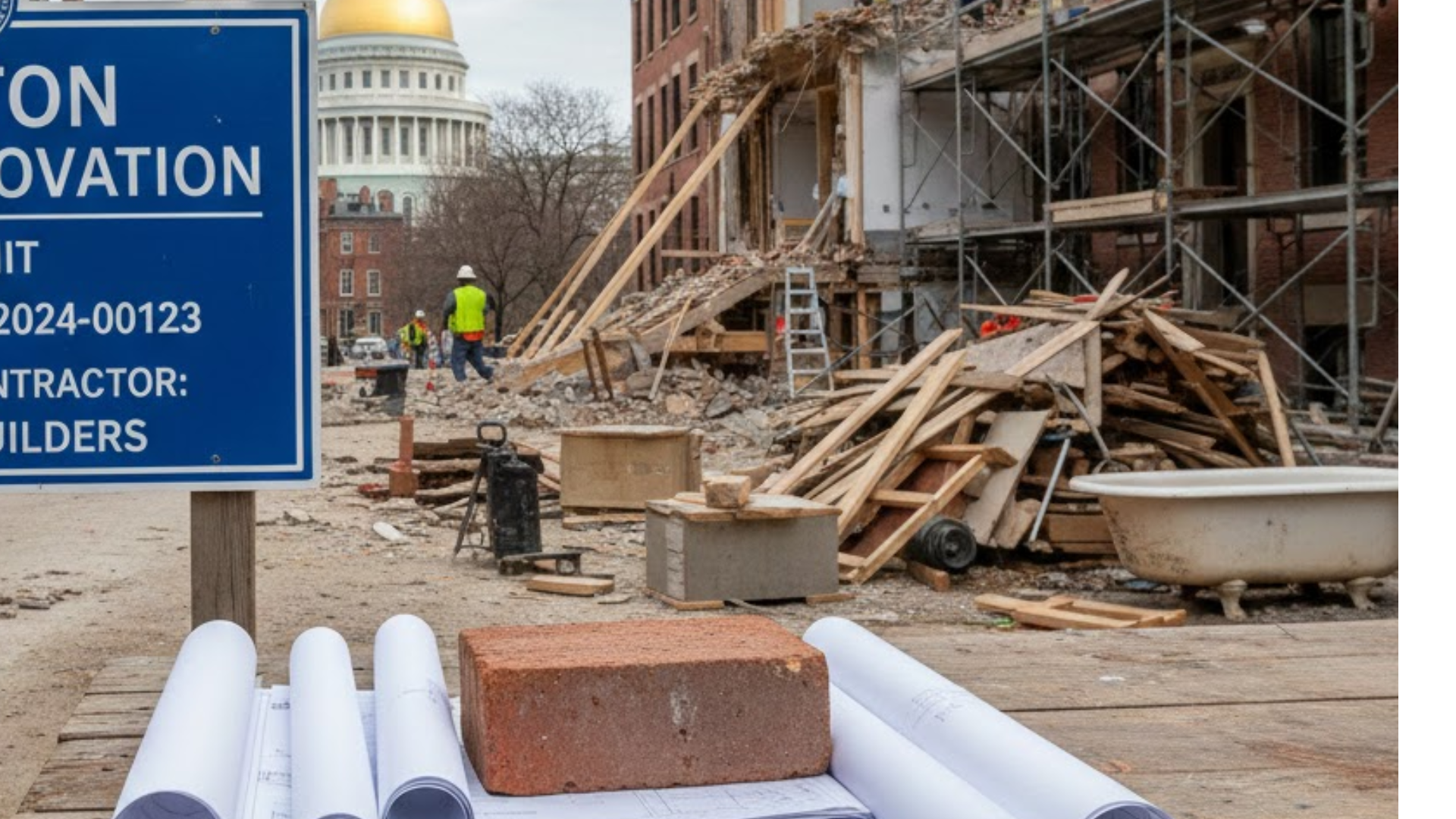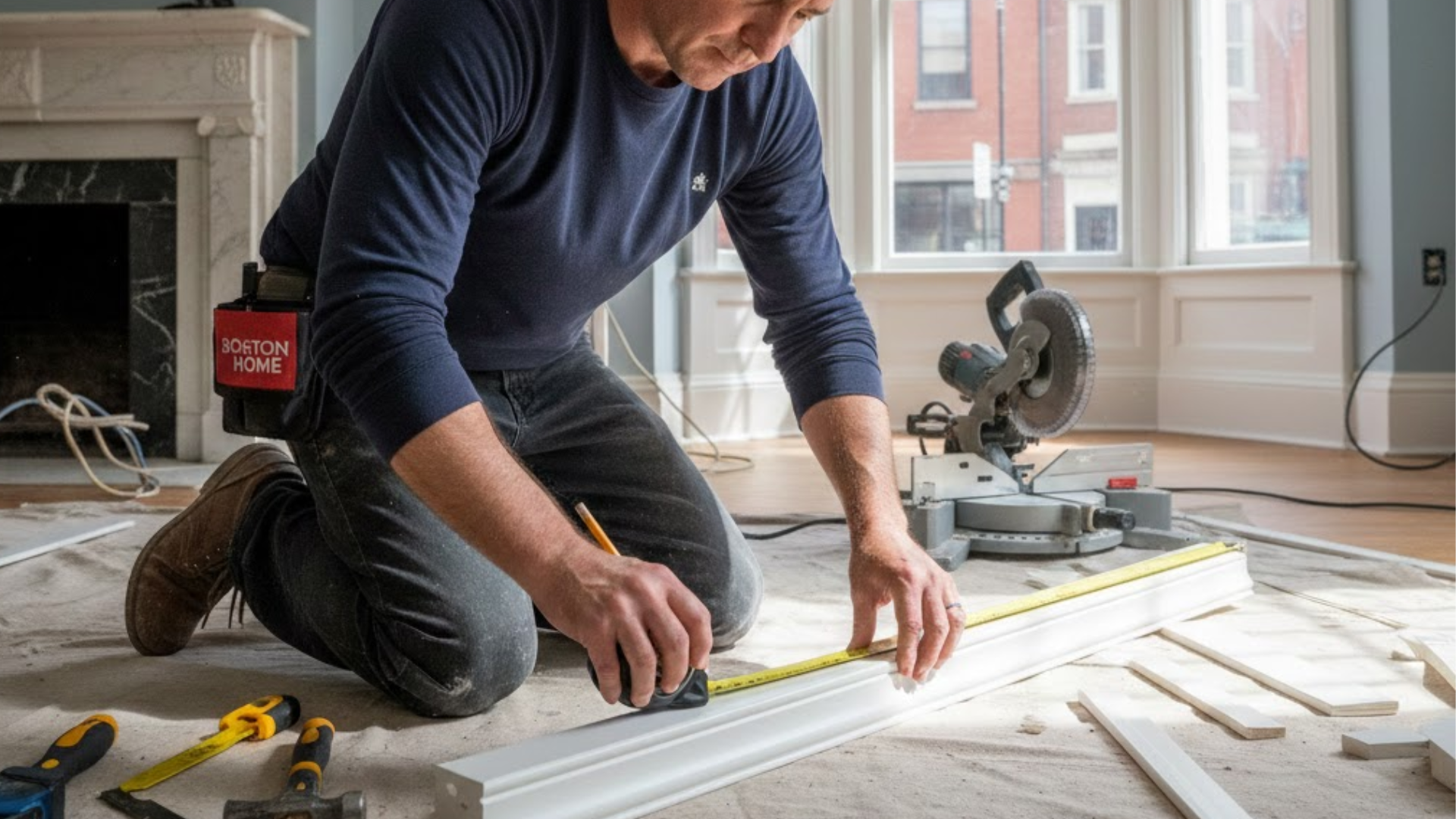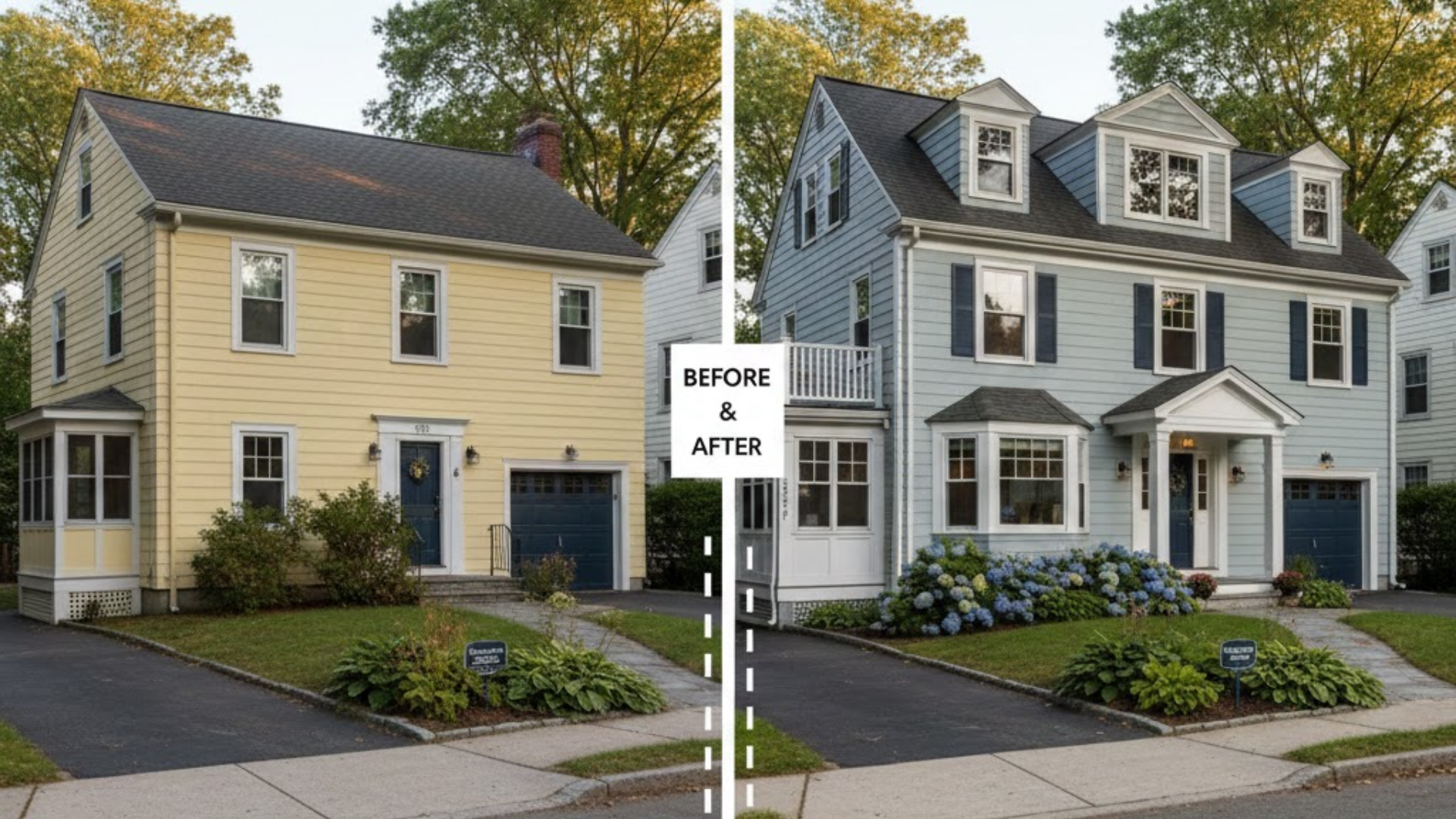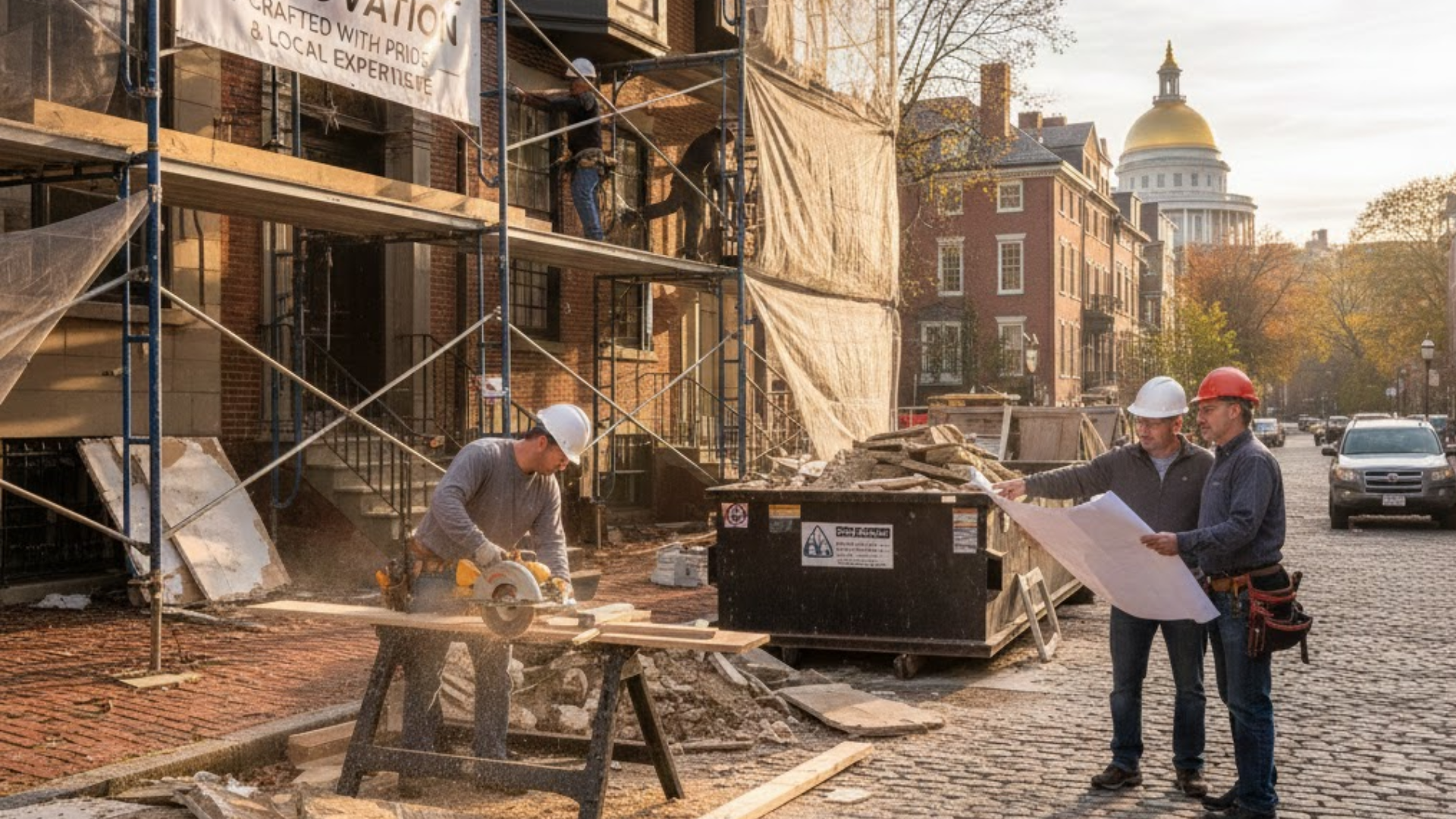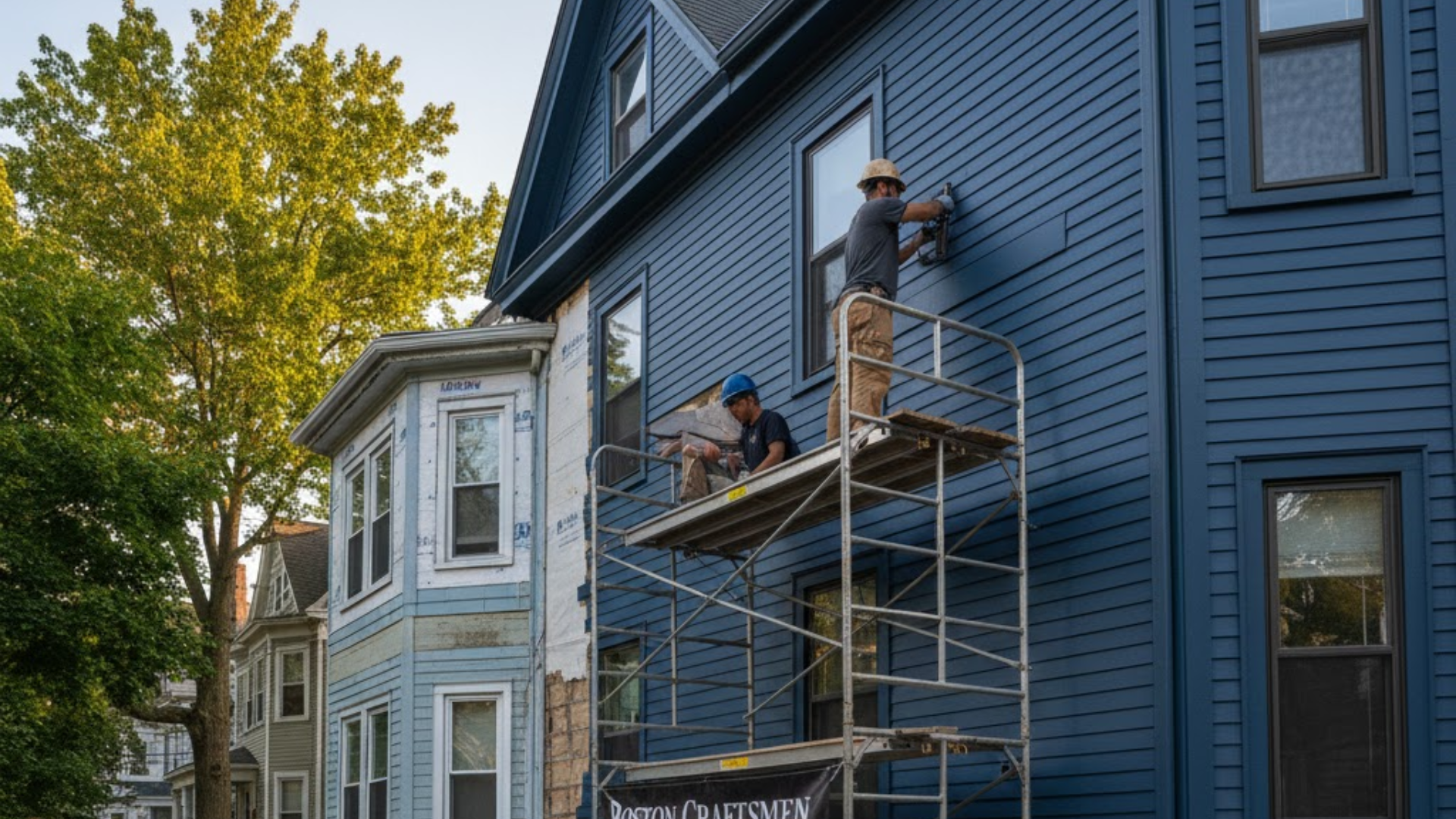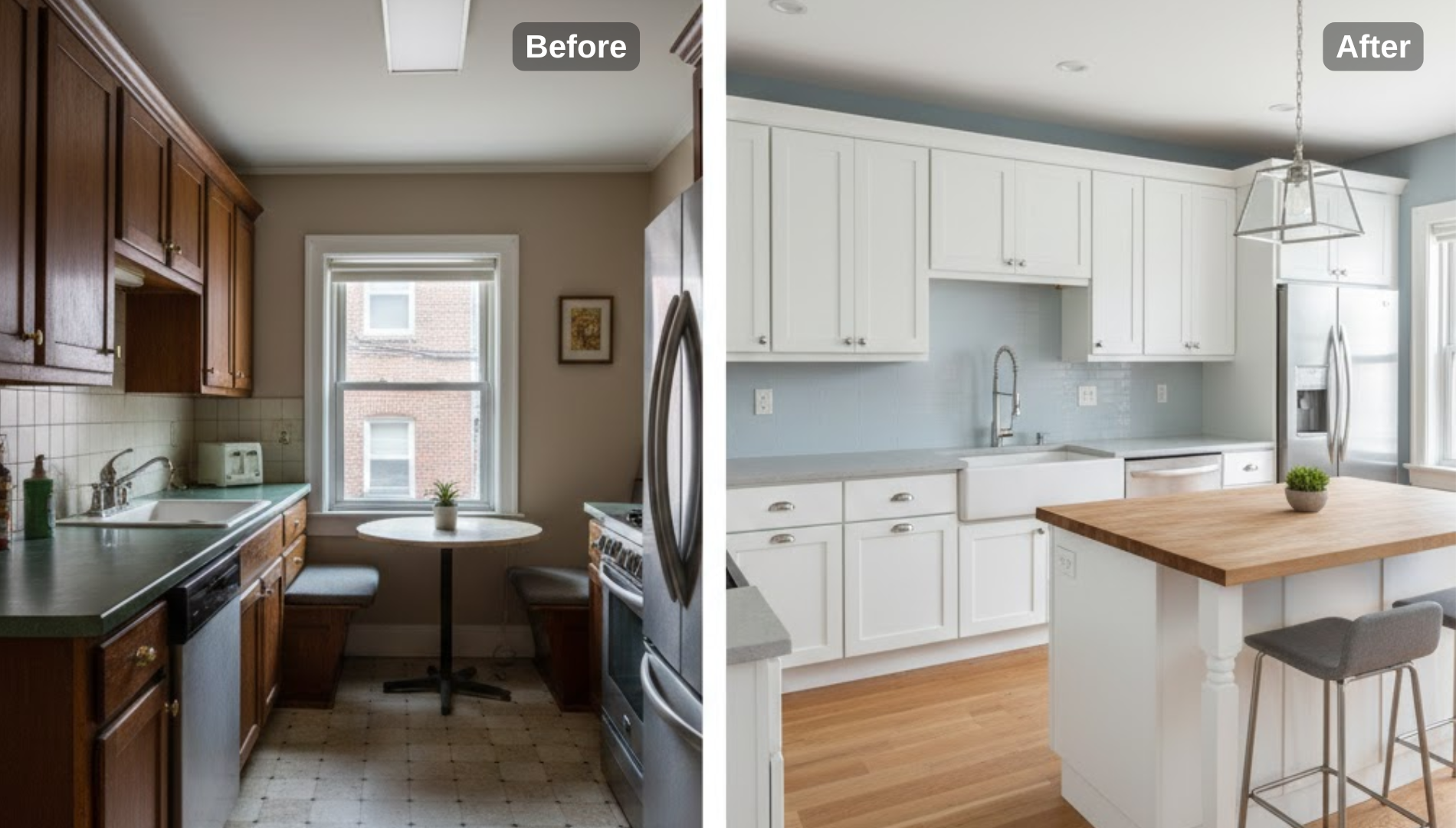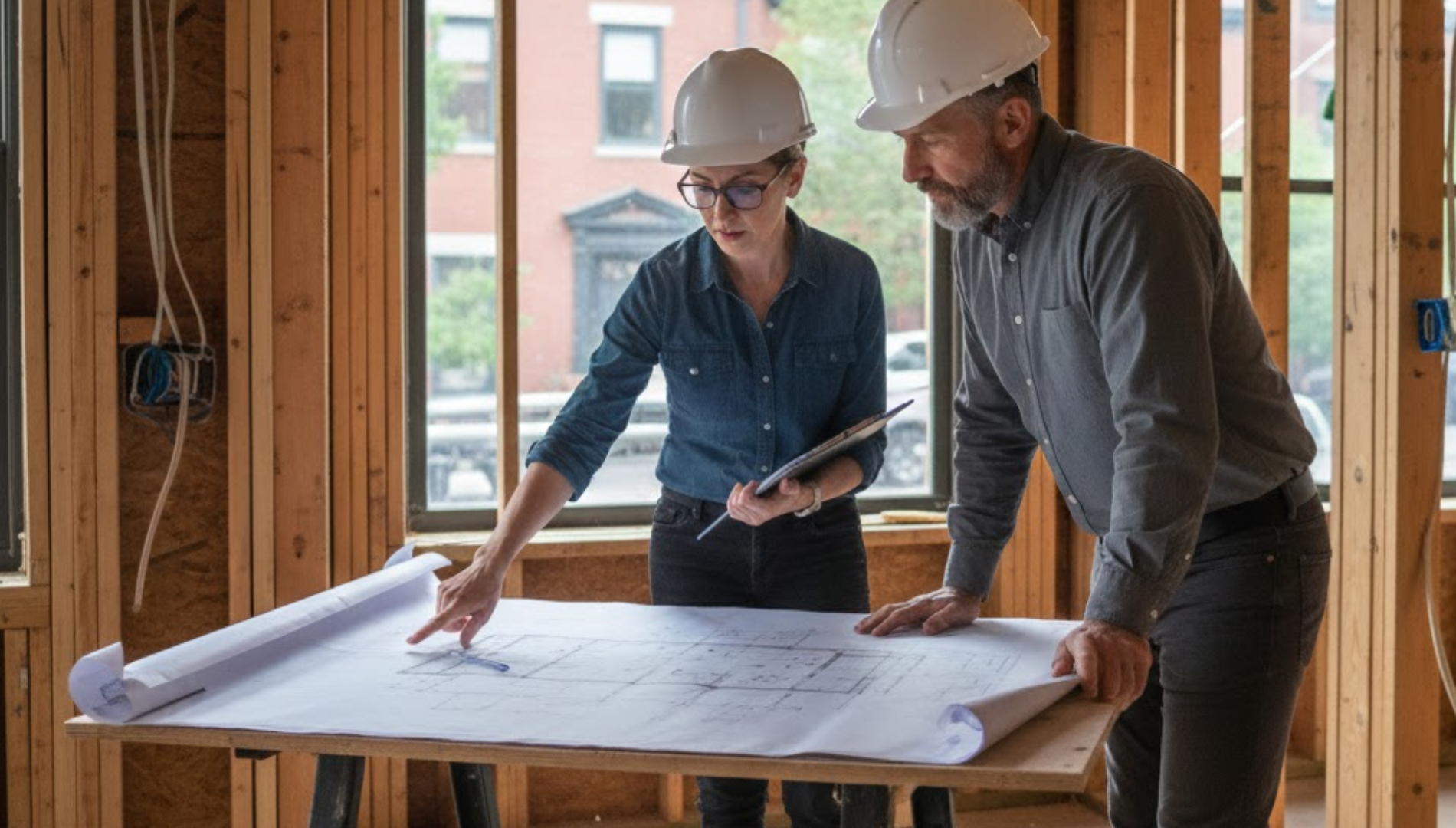Tips For Planning A Home Expansion
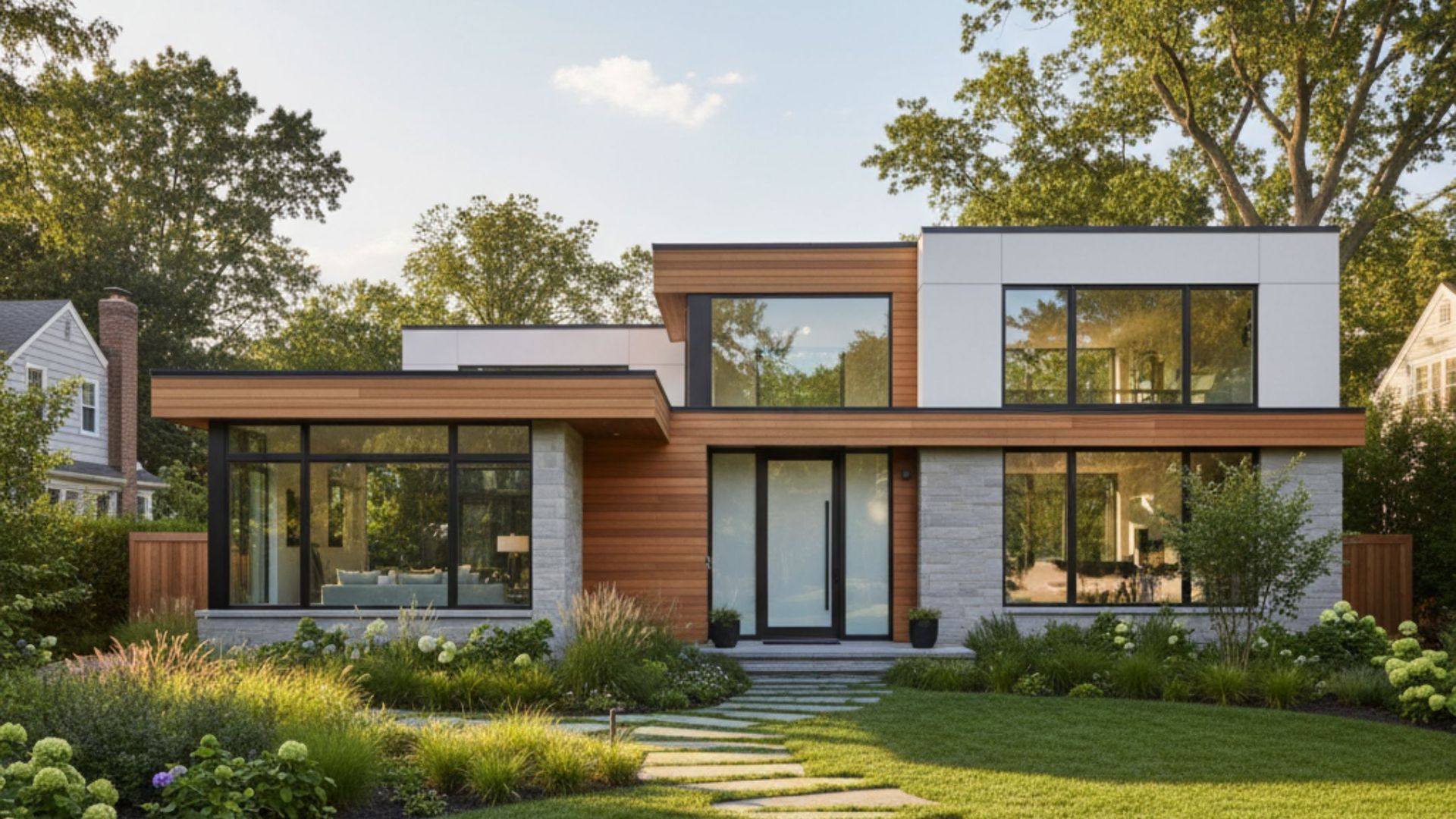
Expanding your home is one of the most effective ways to add space, comfort, and value, without the stress of moving. Whether you’re adding a bedroom, extending the kitchen, or creating a new living area, a well-planned home expansion can transform how you live.
However, these projects are complex. From design to permits, every detail affects your outcome. If you’re planning home additions Boston homeowners love, you’ll want a smart strategy that ensures success from start to finish.
In this guide, we’ll share expert tips on planning your home expansion effectively, helping you avoid costly mistakes, manage your budget, and achieve beautiful, long-lasting results.
How Do You Expand Your Home?
Home expansion can take several forms depending on your goals and property layout. The goal is to seamlessly integrate new space with your existing structure, both visually and functionally.
1. Assess Your Needs
Start by identifying why you need more space. Common reasons include:
- A growing family
- Desire for a larger kitchen or office
- Need for a rental unit or in-law suite
- Increasing property value before selling
Understanding your goals helps determine whether you need a full addition or a smaller bump-out.
2. Common Types of Home Expansions
Here are popular ways home additions Boston experts help homeowners add square footage:
- Room Addition: Add one new room, such as a bedroom, office, or sunroom.
- Second-Story Addition: Build upward to double your space without reducing your yard.
- Garage Conversion: Transform Your Garage into a Functional Living Space.
- Bump-Out Addition: Slightly extend a room to create extra space, such as enlarging a kitchen or bathroom.
- ADU (Accessory Dwelling Unit): Create a separate, small apartment or suite for guests, family, or to generate rental income.
Each option has unique cost and design implications. A professional contractor can help you choose the most practical and cost-effective solution.
3. Check Local Zoning and Permits
Before you begin, check with the Boston Inspectional Services Department to confirm your project complies with zoning laws, height limits, and property line setbacks. Reputable builders, like Coen Construction, handle permitting for you, ensuring smooth compliance and saving time.
How to Plan a House Addition?
A successful home addition requires thoughtful planning. Here’s how to approach it strategically.
1. Establish Your Goals and Budget
Define the purpose of your addition, and set a clear, realistic budget. Most home additions Boston projects cost between $150–$400 per square foot, depending on design, materials, and structural requirements. (Source: HomeAdvisor, 2024)
Always include an extra 10–20% contingency for unexpected expenses, such as structural reinforcements or utility upgrades.
2. Hire the Right Contractor
Choosing the right contractor is crucial. Look for licensed, insured professionals with proven experience in home expansions. Coen Construction, for example, is recognized for its transparent pricing, high-quality work, and seamless project management throughout Boston and its surrounding areas.
3. Collaborate on Design
Work closely with your contractor or architect to ensure your addition complements your home’s architectural style. Pay attention to siding, roofing, window placement, and flow between old and new spaces.
4. Secure Permits Early
Permits are mandatory for almost all additions. Handling them early avoids construction delays and ensures code compliance.
5. Prepare for Disruption
Expansions can be noisy, dusty, and time-consuming. Plan by setting up temporary living spaces and discussing work hours, access points, and cleanup expectations with your contractor.
What Are the Mistakes to Avoid With an Addition?
Even great ideas can go wrong without proper planning. Here are common mistakes homeowners make, and how to avoid them. You’ll find useful guidance in Design Ideas for a Modern Kitchen Remodel.
1. Underestimating Costs
Homeowners often budget only for construction. Don’t forget design fees, permits, and possible upgrades to HVAC or electrical systems. Experienced home additions Boston contractors include these items upfront.
2. Ignoring Structural Constraints
Not every home can handle a second story or heavy materials without reinforcement. Have a structural engineer inspect your property before finalizing plans.
3. Skipping Professional Design
DIY layouts often result in awkward floor plans or code violations. A professional designer ensures aesthetics, safety, and efficiency.
4. Choosing Cheap Materials
Low-cost materials might save money now but can lead to frequent repairs later. Select quality materials that balance budget and longevity.
5. Overlooking Natural Light
An addition shouldn’t make your home feel dark or enclosed. Incorporate large windows, open floor plans, or skylights to maintain natural light flow.
6. Lack of Communication
Poor communication causes delays and stress. Contractors like Coen Construction prioritize transparency, frequent updates, and client collaboration to keep everything running smoothly.
What Is the Most Expensive Part of the Home Addition?
Understanding where most of your money goes helps you plan effectively.
1. Foundation and Structural Work
Laying or extending a foundation requires excavation, reinforcement, and labor-intensive work, often one of the costliest parts of an addition.
2. Roofing and Framing
Adding or extending a roof requires skilled carpentry to ensure proper alignment and waterproofing. Matching materials to your existing structure can increase costs.
3. Utilities and Infrastructure
Relocating or upgrading plumbing, HVAC, and electrical systems adds complexity. These systems must meet current safety standards, which can raise expenses.
4. Custom Finishes
Premium flooring, built-ins, and fixtures quickly add up. Discuss material options with your contractor early to align your design vision with your budget.
What Is the Biggest Expense When Building a House?
If you’re comparing an addition to a full new build, the major expenses follow a similar pattern.
1. Framing and Structural Components
Framing accounts for up to 30% of total construction costs. It defines your home’s skeleton and layout precision.
2. Mechanical Systems
Electrical, plumbing, and HVAC work require licensed professionals and strict code compliance, adding both cost and time.
3. Finishes and Fixtures
High-end finishes, such as cabinetry, flooring, and tile, can represent 25–30% of total costs.
4. Land Prep and Foundation
Excavation, grading, and foundation work are critical for stability and longevity, often forming a significant part of the total budget.
Additional Tips for Successful Home Additions
1. Plan for the Future
Design flexible spaces that adapt over time, such as a guest room that can later be converted into an office or nursery.
2. Prioritize Energy Efficiency
Choose energy-efficient windows, insulation, and HVAC systems to reduce long-term costs and environmental impact.
3. Blend Old and New Seamlessly
Your addition should appear as if it has always been part of your home. Match siding, trim, and rooflines carefully for visual harmony.
4. Boost Curb Appeal
Exterior improvements, such as landscaping, upgraded siding, or a refreshed entryway, can significantly enhance overall appearance and value.
5. Communicate Consistently
Regular updates from your contractor ensure the project stays on track, avoids surprises, and meets deadlines.
Bringing It All Together
A home expansion isn’t just about adding square footage, it’s about enhancing how you live. With careful planning, a realistic budget, and the help of trusted home additions Boston professionals, you can create a functional and beautiful space that fits your lifestyle.
From permits to finishes, every detail matters. With expert guidance from Coen Construction, your home addition will blend seamlessly, add lasting value, and enhance your dream home.
Call to Action
Ready to expand your home with confidence? Partner with Coen Construction, the trusted experts in home additions Boston. They offer transparent pricing, reliable craftsmanship, and exceptional project management.
Contact them today to schedule your consultation and start your dream home expansion.
Follow our social media pages below:

